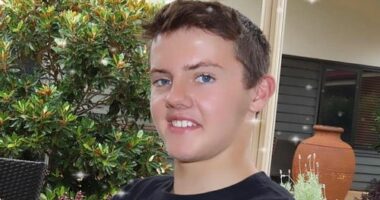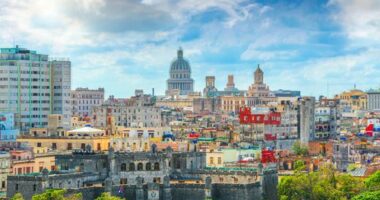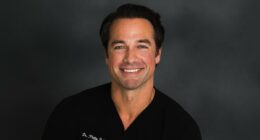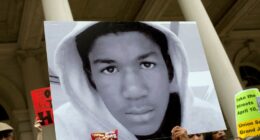Share this @internewscast.com
Racism in health settings is having fatal consequences, according to a new report, as language barriers and cultural sensitivity are not being addressed adequately by medical institutions and the government.
The findings by the Australian Human Rights Commission (AHRC) have uncovered cases of people from diverse backgrounds feeling unsafe, misunderstood, or dismissed when seeking medical care.
Australia’s race discrimination commissioner Giridharan Sivaraman said on Tuesday: “This report confirms what communities have been saying for decades: racism in the health system is not just unfair—it can kill.”
“When people are denied care, misdiagnosed or treated with suspicion because of their race, the consequences are not theoretical. They can be fatal.”
Racism in the health sector
The AHRC’s Health Inequalities in Australia report collated research from hundreds of studies and highlights how racism can impact quality of care.
Sivaraman told SBS News on Tuesday this racism can manifest in many ways.
“It can be that people of different backgrounds don’t feel culturally safe, so they don’t attempt to get help, or they don’t get the help that they need, or they don’t come back because they don’t feel safe. Meaning that they get sicker, and their problems aren’t treated,” he said.
“It can be due to failures to provide interpretive services, which means that people aren’t understood when they’re of non-English speaking background.
“And so, they’re not able to convey the nature of their symptoms or they don’t understand the advice that they’re being given.”
Racism can lead to a breakdown in trust between patients and healthcare workers and cause distress.
“Distress comes from that feeling of: ‘I won’t be understood, I won’t be believed, I won’t feel safe in my traditional dress or with my language or my religious beliefs’. And that adds to the negative symptoms you experience and the detrimental impact on your health,” he said.
He added that there can be “very significant issues” for First Nations people, such as Aboriginal and Torres Strait Islander peoples, in part due to a lack of community-led health services.
“There’s a culture in some institutions of not believing First Peoples are taking their symptoms seriously. There’s a real issue of intersectionality where women of colour in particular are not believed or dismissed.”
Harmful assumptions about First Peoples
Dr Alana Gall, a postdoctoral research fellow at Southern Cross University, is an expert in First Peoples’ health.
The Truwulway Pakana woman told SBS News that bias, stereotypes, and institutional practices disadvantage the First Peoples of Australia.
“First Peoples face poorer health outcomes partly because of racism in the healthcare setting. For example, healthcare providers can assume that First Peoples are ‘drug-seeking’ or ‘non-compliant’. Often, they are spoken down to, dismissed, or not believed when describing symptoms,” she said.
“These are just some of the things that make the healthcare setting culturally unsafe, resulting in First Peoples avoiding healthcare altogether; this then becomes a human rights issue.
“Until the system is safe for our people, we will continue to see avoidable suffering.”
What could improve?
Sivaraman said better training in health settings could increase cultural safety and create more comfortable environments for diverse people.
“What can be done about it is that you mandate cultural safety standards and you provide anti-racism training and micro-credentials for health professionals because that’s the way in which you actually improve cultural safety,” he said.
“And if you improve cultural safety, you reduce cultural stress.”
Micro credentials and training for medical staff could also help overcome language barriers and improve awareness of different cultural practices, Sivaraman said.
“Both government and health institutions really need to improve, and I’m sure they want to, because at the end of the day, that’s what we all want, for everyone to be healthy and happy.”
Gall said cultural awareness isn’t enough, and that services need structural change.
She said better supports for Aboriginal Community Controlled Health Organisations are needed.
“Indigenous leadership in health policy and service design ensures systems meet community needs.”









